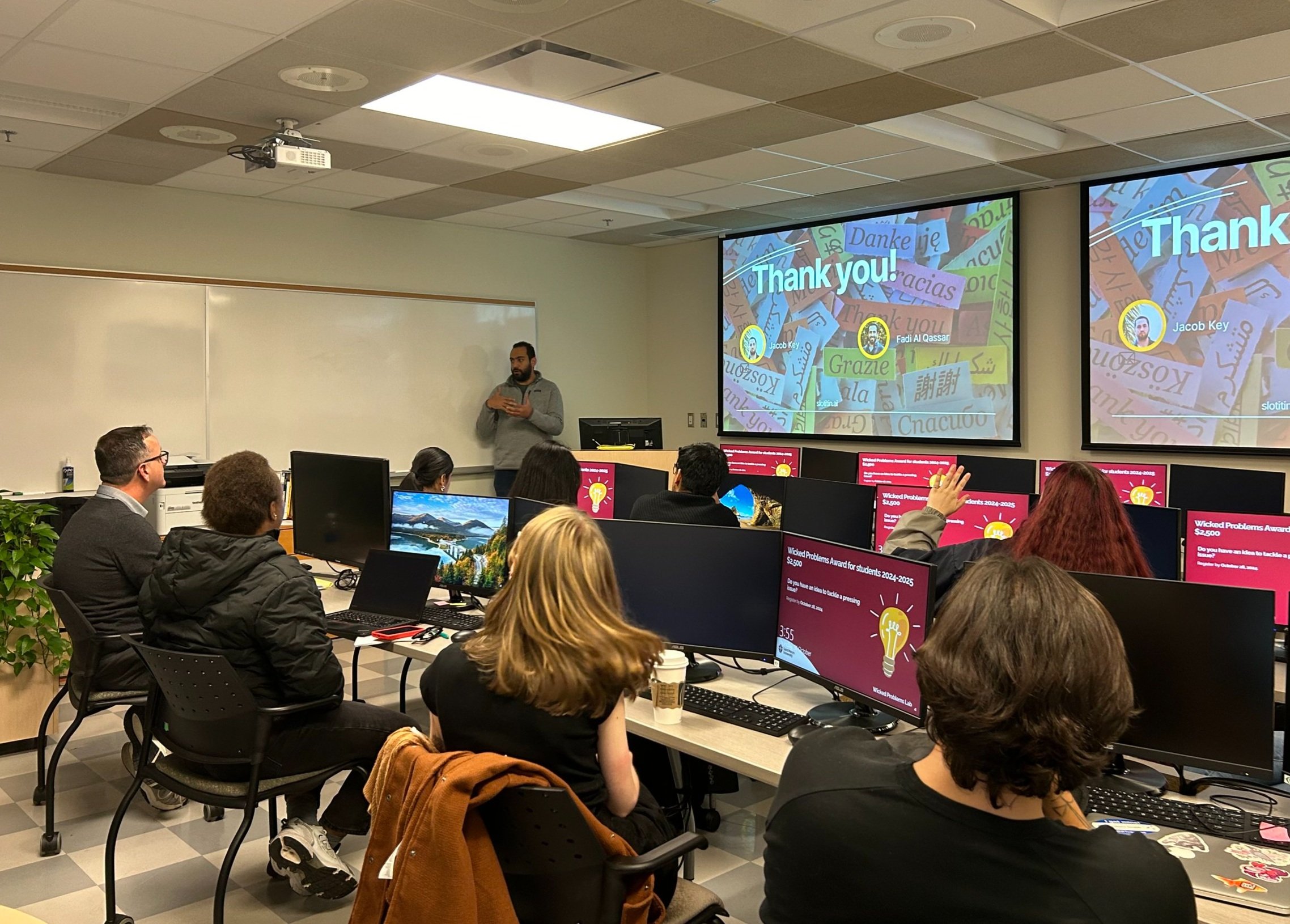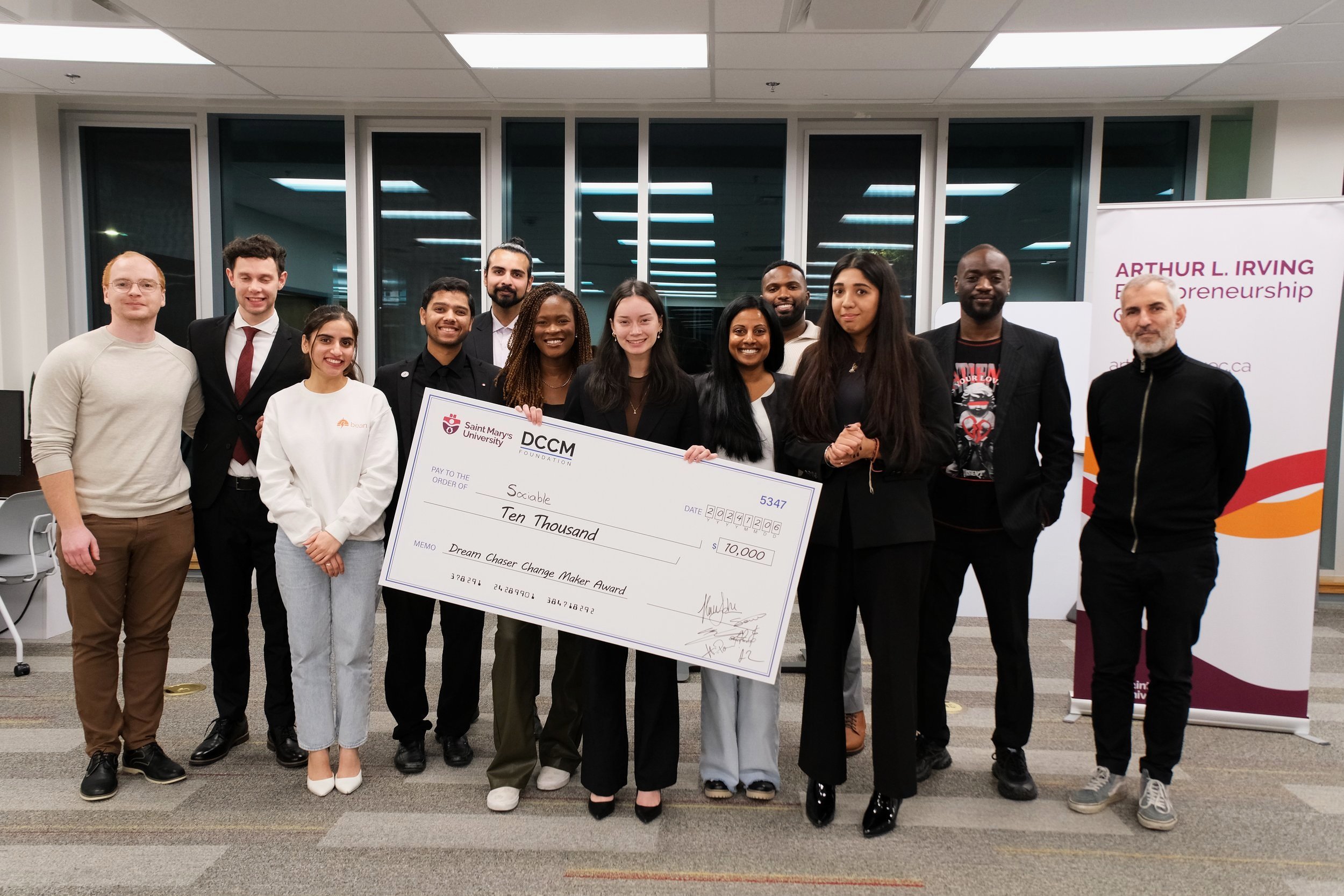In today’s competitive job market, students must understand how to effectively work with and respond to artificial intelligence to stay ahead, not just in the business world but across multiple areas. Regardless of where you are in the organization, AI has the potential to impact all levels.
How do machine learning and algorithms help solve people’s problems?
Although AI may seem complex and mysterious, at its core, it’s all about us—people. AI is programmed by people, learns from people, and ultimately is used by people. It learns by reading our books, analyzing our paintings, listening to our music, downloading our history and studying our habits.
Because it learns from us, AI inevitably inherits our flaws and biases. What we think, feel, and believe becomes embedded in its algorithms. AI cannot judge right from wrong—it processes data without judgement. For example, when using AI to sort through resumes for hiring, factors like postal codes, names, genders, and gaps in employment due to parental leave can unintentionally introduce biases into the process.
The ability to recognize and understand these biases is crucial for using AI effectively and responsibly. As AI becomes more integrated into the workplace, employers are placing greater value on this crucial skill.
As artificial intelligence becomes more prevalent, the need for specialized knowledge remains high. Understanding how to judge the information AI provides you—and being able to critically evaluate its output—is key to using the technology responsibly.
As an employer, there are steps you can take too. For example, pushing for transparency on what data was used in creating the AI programs and asking for evidence and results.
The expert panel emphasized innovation and plans for action toward a more responsible future, all while embracing an entrepreneurial mindset.
Dr. Stephanie Kelley, Scotiabank Professor in Innovations in Business Technology and Assistant Professor of Management Science at the Sobey School of Business at Saint Mary’s University, moderated the discussion.
Panelists included Roshanak Sadeghi-Zadeh, Director of People and Belonging at IWK Health, Saeed El-Darahali, President and CEO of SimplyCast, and Sandra Pasquini, Senior Vice President, Human Resources at Empire Company Limited.
[1] Analysis on expected use of artificial intelligence by businesses in Canada, third quarter of 2024





























































